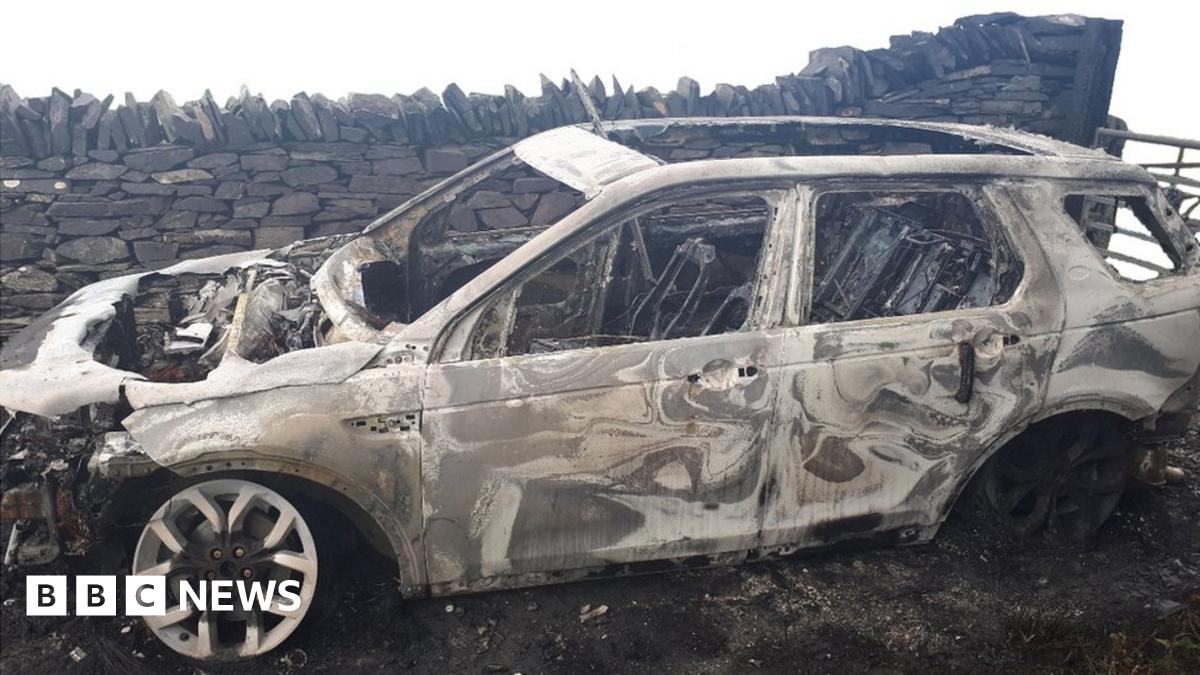- Joined
- 24 Aug 2009
- Messages
- 2,716
- Reaction score
- 293
- Country

I was very surprised to read this: was it generally known and not discussed ( seems unlikely ) ? EDR =Event Data Recorder.

 uk.motor1.com
uk.motor1.com
"According to the documentation provided by the European Commission, an EDR records and stores the following data: speed, braking, the position and tilt of the car on the road, and how the built-in safety systems react. Additionally, an EDR analyses whether the emergency call system is triggered – the eCall became mandatory in the EU in April 2018. The EDR must store the information "with a high level of accuracy and ensured survivability of data." It also stores the info pertaining to the vehicle's make and model, as well as the equipment installed.
Typically embedded into the airbag control unit, the EDR cannot be turned off; it's automatically activated when the airbags and seatbelt tensioners are triggered. Additionally, it starts recording when the vehicle's active bonnet pops out or when there's a change in speed in the lateral or longitudinal direction of more than 8 km/h (5 mph) within 0.15 seconds."
EDIT: Found some more information that says the recording will be limited to 5 seconds before the incident , and 0.3 seconds after triggering.

All New Cars Sold In Europe From July 2024 Will Have A Black Box
The car equivalent of an airplane's black box, the Event Data Recorder will be installed in all new cars and small commercial vehicles sold in the EU from July.
"According to the documentation provided by the European Commission, an EDR records and stores the following data: speed, braking, the position and tilt of the car on the road, and how the built-in safety systems react. Additionally, an EDR analyses whether the emergency call system is triggered – the eCall became mandatory in the EU in April 2018. The EDR must store the information "with a high level of accuracy and ensured survivability of data." It also stores the info pertaining to the vehicle's make and model, as well as the equipment installed.
Typically embedded into the airbag control unit, the EDR cannot be turned off; it's automatically activated when the airbags and seatbelt tensioners are triggered. Additionally, it starts recording when the vehicle's active bonnet pops out or when there's a change in speed in the lateral or longitudinal direction of more than 8 km/h (5 mph) within 0.15 seconds."
EDIT: Found some more information that says the recording will be limited to 5 seconds before the incident , and 0.3 seconds after triggering.
Last edited:

